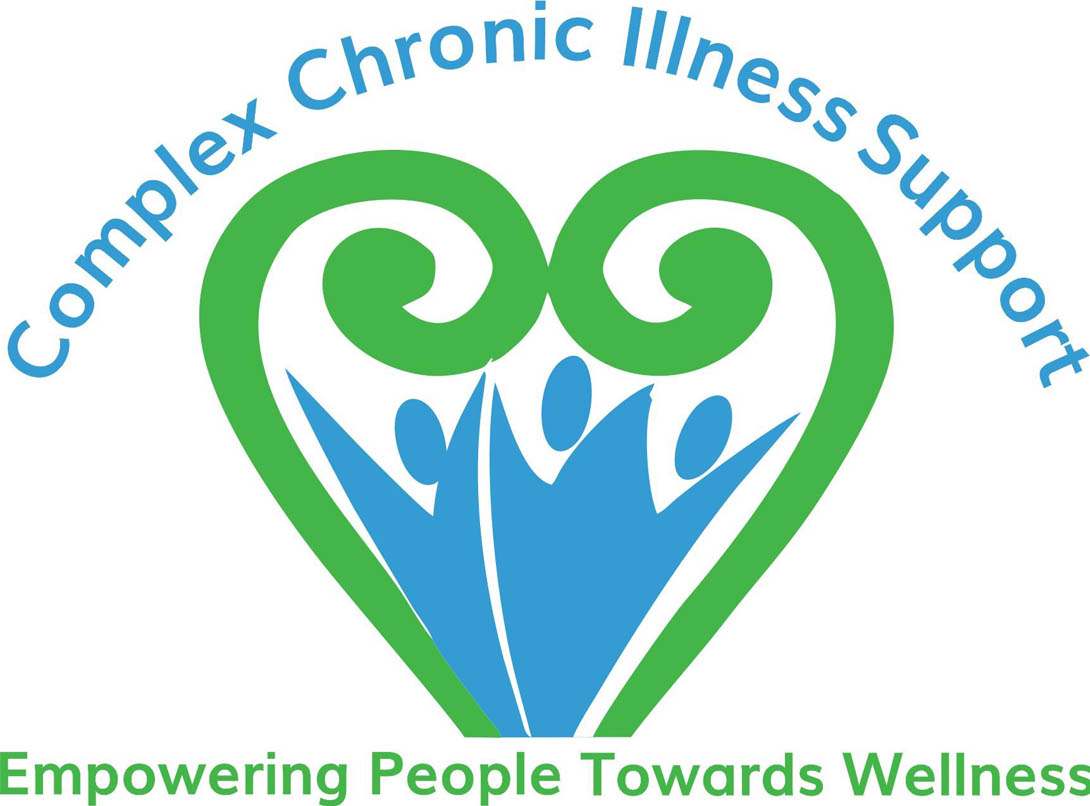CCI Support Wellington

Luisa
Health & Wellness Facilitator
Tuesday and Friday 9am till 2pm
Wellington – Phone or Txt: 027 245 5961
[email protected]
Dear Wellington members,
Welcome to August! This year is going by very quickly😊
Thank you to everyone that came to our meetings last month, it has been wonderful seeing you all in person (and virtually).
Also, for anyone who does not make it to the meetings, please remember that you can book time for us to talk anytime. You can do so using this link.
This month I have been thinking about the gut brain axis, and the importance of understanding the relationship between the two, especially relating our stress response. The nervous system that lives in the gut (what we call the second brain or enteric nervous system) is very influential in our overall health.
So, what is the connection between the brain and the gut? The brain sends signals to our digestive, or gastrointestinal tract via the sympathetic nervous system (fight or flight), and the parasympathetic nervous system (rest and digest). The balance of signals between these two inputs influences the speed at which food moves through the digestive system, how it absorbs the nutrients, secretion of digestive juices, and levels of inflammation of the digestive system.
As mentioned above, the digestive system also has its own nervous system called the enteric nervous system, which has approximately 100 million nerve cells in and around the GI tract. This enteric nervous system receives signals from both the sympathetic and parasympathetic nervous system, but also functions independently. The enteric nervous system is also interconnected with millions of immune cells, which take information back to our brain, such as whether the stomach is bloated, if there’s enough blood flow, or if there is infection present in the GI tract. There is communication between our brains and the GI system in both directions, all the time!
The gut can experience many changes that can occur because of psychological experiences (beyond stress). These can be things like, diarrhoea and constipation, slower stomach emptying, bloating, cramps, experiencing palpitations after eating, and change in mucus produced in the bowels. Understanding the effects of stress and emotions such as anxiety, dear, sadness, and anger, and how they can all affect our GI systems, is important. These emotional triggers can make our digestive system overly sensitive, making it easier for bacteria to cross the gut lining, and activate the immune system (increasing inflammation, and changing the gut microbiota). These negative changes in the GI system can then feed back to the brain, creating a cycle which can contribute to fatigue, and depression symptoms.
Given this strong mind/gut connection, there is research that supports mind body tools such as meditation, breathing exercises, and mindfulness that can help in managing GI symptoms, improve mood, and decrease anxiety symptoms. These tools help to decrease the stress response by dampening the sympathetic nervous system, and enhancing the parasympathetic response, in turn helping decrease inflammation.
Learning more about this can help us be conscious of our mind/body connection, and integrate the use of tools which can help us keep our brain and gut as happy as we can 😊
I look forward to seeing you all at this month’s meetings, and please, as always, feel free to share your experiences of any of these topics with me as I love hearing from you 😊
Have a lovely and restful August !
Luisa
Monthly Members Meetings
Is for all our members who want to attend a monthly meeting but do not have the extra energy to leave their homes
Currently, all Monthly Member Meetings are held online. We welcome you to join us - if you need support getting online, please contact your facilitator and we can have a practice prior to meeting time so that you feel more comfortable on the day.
Social Groups
Wellington Central
The venue changes each month, so watch for emails and check the facebook group for updates or contact Luisa via email for more information
Kapiti Coast
The venue changes each month, so watch for emails and check the facebook group for updates or contact Luisa via email for more information
Hutt Valley
The venue changes each month, so watch for emails and check the facebook group for updates or contact Luisa via email for more information
Want to Speak to your Health and Wellness Facilitator?
Donate to CCIS
All Donations over $5 are tax rebatable.

